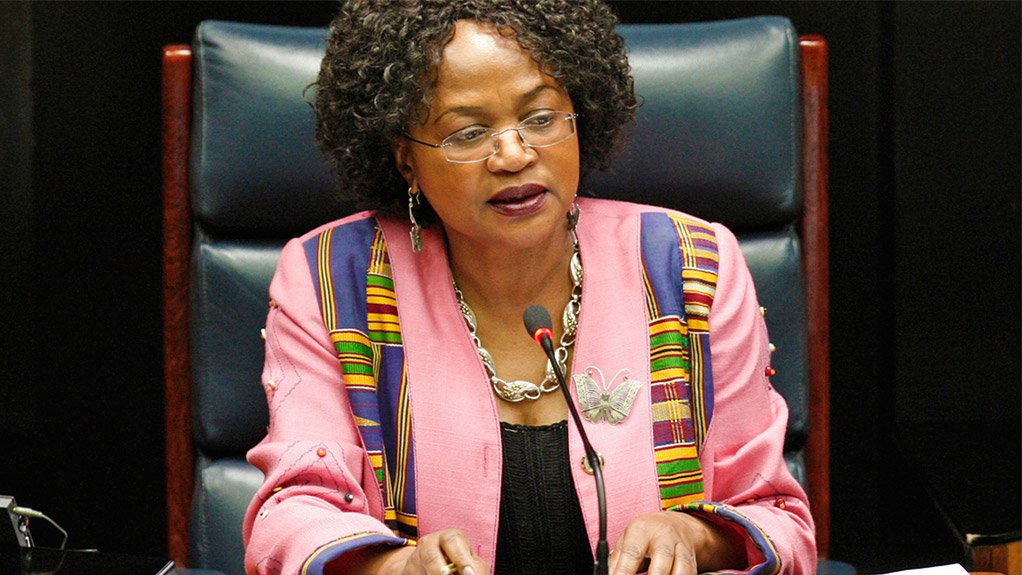/ MEDIA STATEMENT / The content on this page is not written by Polity.org.za, but is supplied by third parties. This content does not constitute news reporting by Polity.org.za.
Parliamentarians were well-placed to build bridges that turned country boundaries into open hearts reaching out to welcome those forced to seek refuge or a second home and it was important and urgent to strengthen inter-parliamentary cooperation and the global regime for migrants and refugees.
“Without migration, most societies would never have achieved their current level of development,” said National Assembly Speaker Ms Baleka Mbete, during her address to the Inter-Parliamentary Union (IPU) Assembly’s General Debate today. The three-day General Debate, which ends today, is about “Strengthening the global regime for migrants and refugees: the need for evidence-based policy solutions”.
Parliaments, she said, should ensure there were mechanisms to implement commitments in the New York Declaration for Refugees and Migrants, adopted in September 2016 at the United Nations Heads of State and Government Summit. As one of host country and destination which received among the largest numbers of refugees and migrants, South Africa was actively participating in processes towards a global compact on refugees and a global compact on safe, orderly and regular migration.
Ms Mbete added: “The two compacts must recognise that the country’s ability to determine who may enter and exit its territory, and on what terms, should be a right that all States should retain at all times. The two compacts should not bring additional responsibilities, burden or obligations to developing countries which host refugees and migrants.”
Adequate, regular and predictable funding was critical to successfully implementing the two global compacts and should not be provided through loan facilities, which could over-burden already indebted developing countries, especially those in Africa. The root causes of migration should be at the core of the compacts. Issues of underdevelopment, characterised by poverty, unemployment, inequality and competition for scarce resources, should also be investigated, Ms Mbete said.
At a separate meeting on the sidelines of the 138th Assembly of the IPU, Ms Mbete has spoken out strongly against the continued systematic persecution of the Rohingya people by the Mynmar security forces. The Speaker exhorted the IPU delegates to be forthright in dealing with Myanmar’s military-perpetrated atrocities against the Rohingya, which has seen them fleeing the destruction of their homes and persecution in the northern Rakhine province of Myanmar (Burma), for neighbouring Bangladesh.
"Ours as leaders of Parliaments here must not just be about assisting Bangladesh in dealing with this scourge of refugees, but also to deal with the root causes that result in the Rohingya fleeing their homes. We must confront Myanmar as part of finding solutions to this."
Besides its General Debate, the Assembly will also today adopt a resolution on the emergency item: “The consequences of the US declaration on Jerusalem in the light of the UN Charter and resolutions”. The IPU is the largest global platform for Parliaments. It has been in existence since 1889 and currently has 178 national Parliaments as members and another 12 associate members.
To read Ms Mbete’s address, please click
https://www.parliament.gov.za/storage/app/media/uploaded-files/2018/march/27-03-2018/Speaker_IPU_Statement-138th_IPU.pdf
Issued by Parliament of South Africa
EMAIL THIS ARTICLE SAVE THIS ARTICLE ARTICLE ENQUIRY
To subscribe email subscriptions@creamermedia.co.za or click here
To advertise email advertising@creamermedia.co.za or click here











